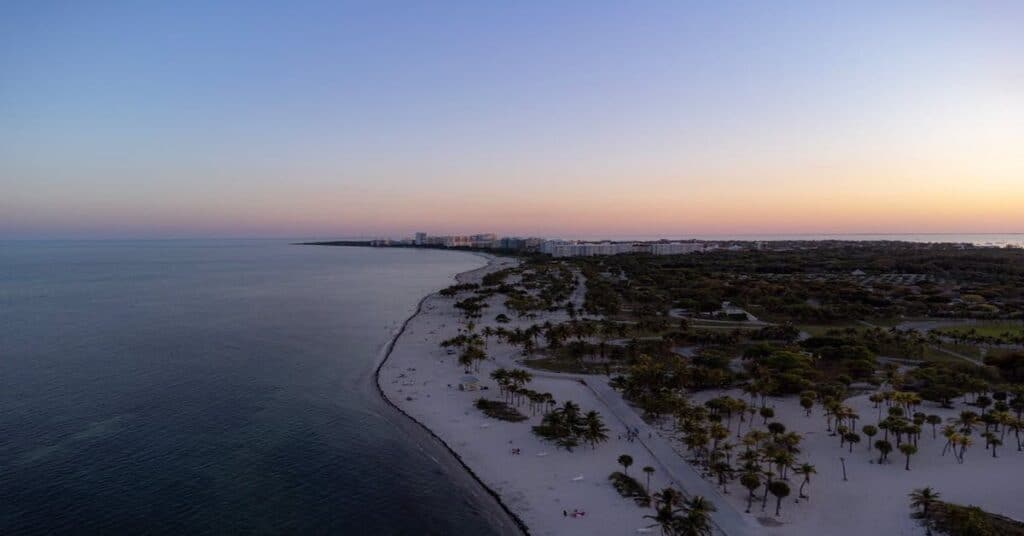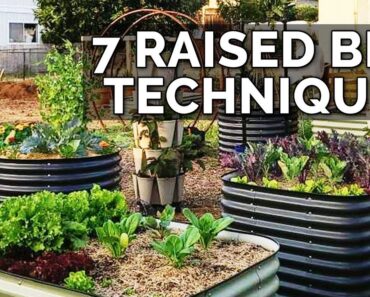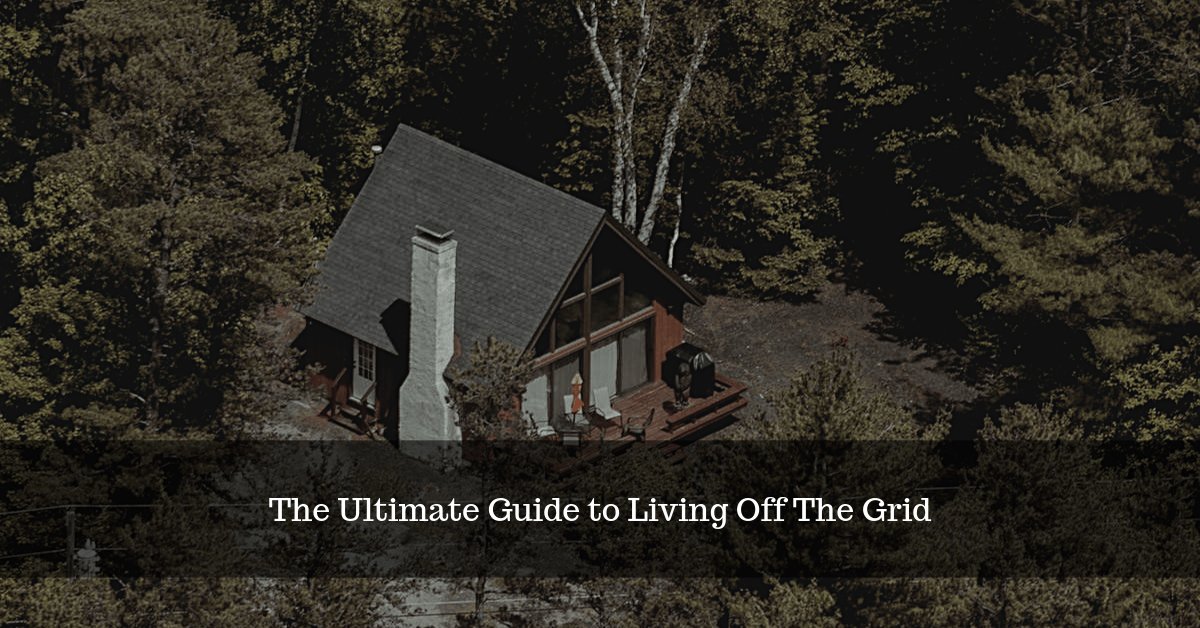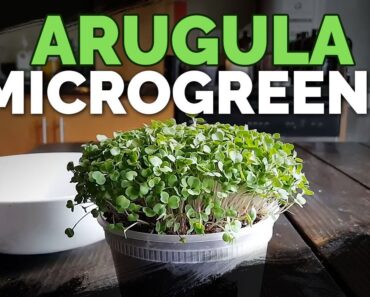In a time when more and more people are looking to break away from the traditional 9-5 job, live off the grid, and pursue their own version of happiness, it’s important to know the laws in your state. In Florida, is it legal to live off grid? What are the requirements? What are the restrictions? Read on to find out!
Is it legal to live off grid in Florida?
While there are many benefits to off-grid living, there are also some legal challenges that need to be considered. In Florida, for example, it is legal to live off grid as long as you have the necessary permits and follow the state regulations. One of the biggest challenges of off-grid living is finding a suitable piece of land. In Florida, this can be difficult because of the state’s development restrictions.
All living off the grid development or construction plans must follow The Florida Building Code (also known as the Florida Statutes Chapter 553) which was adopted statewide and strictly enforced.
The Florida Building Code defines:
- The structural integrity of a building.
- The classification of usage by the occupants.
- That current fire, electrical, plumbing and gas systems must be up to code and operational at construction.
- The house’s foundation is properly sealed by a Florida licensed architect or engineer.
The Florida Building code was adopted after Hurricane Andrew exposed problems in Florida’s homes’ construction and was designed to protect health and safety.
What are the requirements for living off grid in Florida?
While many people choose to live off grid in order to simplify their lives and reduce their impact on the environment, there are also some practical considerations that need to be taken into account. In the state of Florida, for example, there are a number of requirements that must be met in order to legally live off grid.
Firstly, it is important to have an adequate water supply. This can be achieved by either drilling a well or collecting rainwater. Secondly, it is necessary to have a septic tank in order to process wastewater. Thirdly, it is important to have a source of renewable energy, such as solar panels or a wind turbine.
Finally, it is necessary to have a way to store food and supplies in case of an emergency. By meeting these requirements, it is possible to live off grid in Florida while still maintaining a high standard of living.
What are the restrictions on living off grid in Florida?
While the idea of living off the grid may be appealing, there are a few things to consider before making the switch. In Florida, for example, there are a few restrictions that must be adhered to in order to live off grid legally.
One of the most important is obtaining a permit from the county in which you plan to build your off-grid home. This permit ensures that your home meets all of the necessary code requirements, such as having sufficient water and sanitation facilities.
In addition, Florida requires all off-grid homes to be connected to a power source, such as a solar panel system. While these restrictions may seem daunting, they are actually quite manageable with proper planning.
What are the benefits of living off grid in Florida?
There are many benefits to living off grid in Florida. One of the biggest benefits is the sense of independence that comes with it. When you live off grid, you are not reliant on public utilities or services. This means that you can live a more self-sufficient lifestyle and be less affected by power outages or other disruptions to public services.
In addition, living off grid can be cheaper than relying on public utilities. When you live off grid, you also have the opportunity to live a more sustainable lifestyle.
Is it worth it to live off grid in Florida?
For many people, the benefits of living off grid in Florida far outweigh the challenges. If you are someone who values independence and self-sufficiency, then living off grid may be the right choice for you. In addition, if you are looking for a cheaper way to live, then living off grid can help you save money on your monthly expenses.

What areas of Florida are best for living off grid?
There are many areas of Florida that are well-suited for living off grid. One of the best things about living off grid is that you have the freedom to choose where you live. You can pick a location that is remote and secluded, or you can choose an area that is close to civilization but still has plenty of space for self-sufficiency. Here are a few of the best places to live off grid in Florida:
–The Florida Keys: The Florida Keys are a beautiful string of islands that offer plenty of opportunities for living off grid. There are many remote and secluded areas here that would be perfect for an off-grid lifestyle. In addition, the climate is warm and sunny year-round, which makes it ideal for solar power.
–The Ocala National Forest: The Ocala National Forest is a large forest that covers much of Central Florida. It offers plenty of space for living off grid, as well as access to many public amenities such as camping and hiking trails.
–The Everglades: The Everglades is a large wetland that covers much of South Florida. It offers a unique and beautiful environment for living off grid. In addition, it is home to many different species of plants and animals.
There are many other great places to live off grid in Florida. These are just a few of the most popular options. You’ll want to research each of these places as much as possible prior to moving to any of them. The local areas may have creatures you aren’t comfortable with or the climate may not be the right fit for you.
How can you make sure you are following the law when you live in Florida?
When you live off grid in Florida, it is important to make sure that you are following the state regulations. One of the best ways to do this is to research the requirements before you move. This way, you can be sure that you have everything you need in order to live off grid in Florida. Additionally, it is a good idea to keep up with the state regulations, as they may change over time. Finally, if you have any questions about living off grid in Florida, you should contact a local attorney to get more information.
By following these tips, you can make sure that you are living off grid in Florida legally and safely. Additionally, by being aware of the challenges and benefits of living off grid, you can make sure that you are prepared for everything that comes with this lifestyle.
In conclusion, living off grid in Florida can be a great way to live a more independent and self-sufficient lifestyle. However, it is important to make sure that you are following the state regulations.






